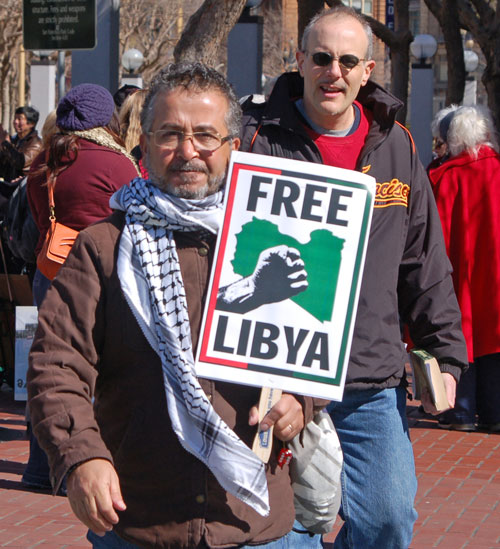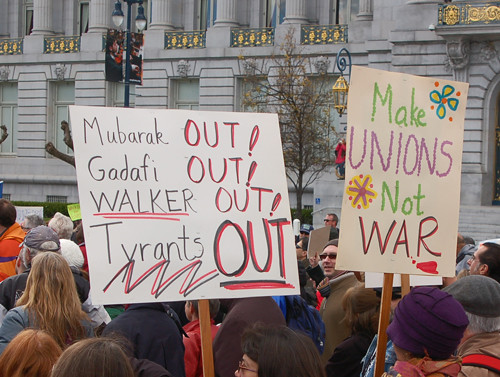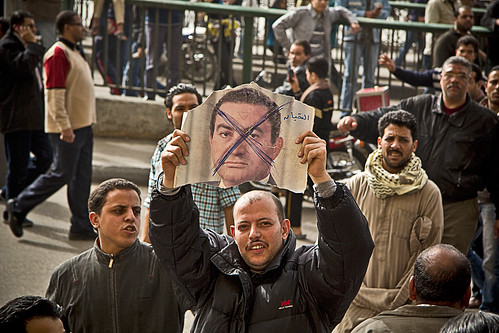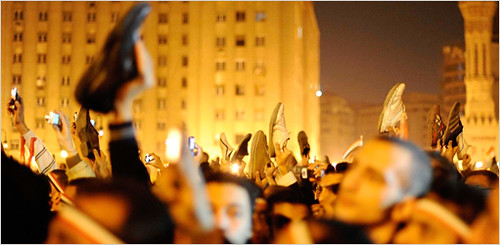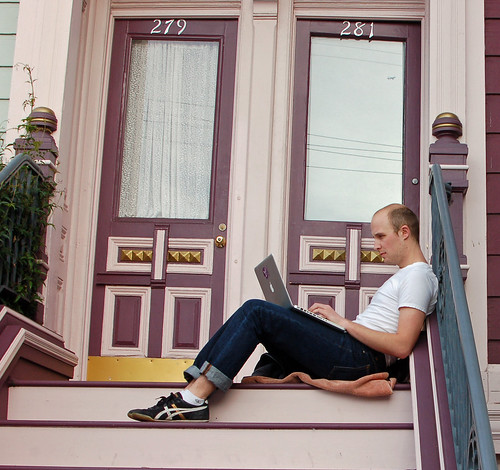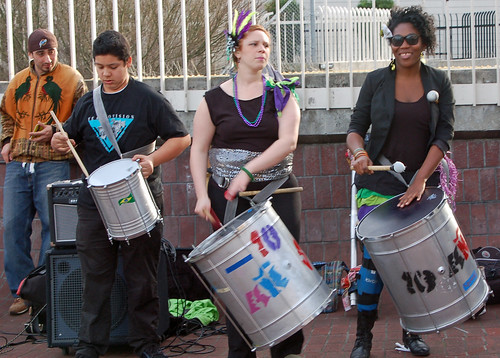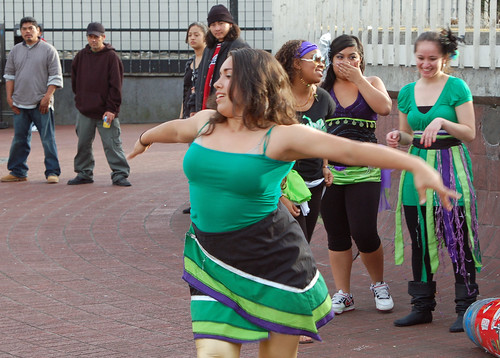
Last week the political scientist Jonathan Bernstein tried to pass on one of the facts of political life to the political junkie class: most people pay no attention to politics. He wrote
Though this insight may be news to some in the blogosphere, it is not news to those of us who work in politics. When you work on elections, when you actually talk with ordinary voters, you rapidly discover that most don't have much idea what these issues and candidates you put so much effort into are all about -- and some actively don't want know.... if you're reading this blog, odds are good that you're at least in the top 10% of all Americans in political knowledge, and more likely you're in the top 1%. And for those of us in that group, it's hard to imagine just how little the median American knows about the day-to-day events that we pay so much attention to. Even when in some sort of abstract way it makes sense for people to know about politics or public affairs -- for example, it makes sense for Medicare recipients to know how ACA affects them -- they just don't. Sometimes that's because people aren't well-educated enough to feel comfortable reading or even watching the news ...
But often it's because people have other, more immediate things in their lives to attend to, or they pay attention only occasionally, or they have low tolerance for conflict, or they just don't see any connection between things happening in Washington and their lives.
Moreover, in my experience, there are two very different kinds of voters who can be persuaded to pay some attention. However what motivates each sort turns off the other.
There are voters who will only attend to politics if it gives them hope or inspires them. We know that Obama played to that set.
Then there is another set who will only engage with politics as a last resort effort in defense against feared consequences. The oh-so-active Tea Baggers of 2010 seem to fall in that category -- and currently we can only hope that the middle class is learning that it needs to defend basic features of its prosperity such as Social Security and public services like schools, parks and fire departments.
The indifference of the average voter is very much on my mind these days because I am working on a special election for a seat on a county Board of Supervisors -- and we just heard about a poll that showed that 90 percent of prospective voters have no idea even that the election is happening, much less who is running or what it might be about. In April they'll all get a postal ballot to return by May 3; whatever tiny percentage of the electorate returns these ballots will probably be deciding for many years who deals with county budgets and services that have a huge impact on their quality of life. But despite the eager (and expensive) efforts of the candidates, most county residents will never get around to noticing there is a vote happening.
In California, I think indifference to politics is encouraged by too frequent elections (there seem to be no such thing as off years or even off seasons) and too long ballots polluted by great lists of incomprehensible propositions. Even a political junkie like me can feel mystified by some of the stuff I've expected to vote on, especially the local measures. Too much direct democracy does not make for eager participation. California is proving the case that we'd mostly be better off attending to who we choose to elect to legislative bodies, then expecting them to do the policy setting and law making.
Moreover, I'm not sold on what some researchers call "convenience voting" -- vote-by-mail elections. Obviously they are inexpensive to run and strapped jurisdictions can hardly be criticized for not wanting to foot the bill for a lot of polling places. But Election Day and its hoopla can create an experience of collective citizenship that reminds us all that we're responsible for this democracy of ours. When voting becomes a private burden -- perhaps felt as a nagging obligation -- some part of an appreciation of the awesome potential power of the people acting together is lost. That's sad; people die to win that in much of the world.
If by any chance anyone reading this lives anywhere in San Mateo County, you should remember Richard Holober when that unexpected ballot turns up in the mail. He's a good guy with a long record of effective work for the common good, exactly the sort of person who we need in office deciding on how best to protect and extend our quality of life.


